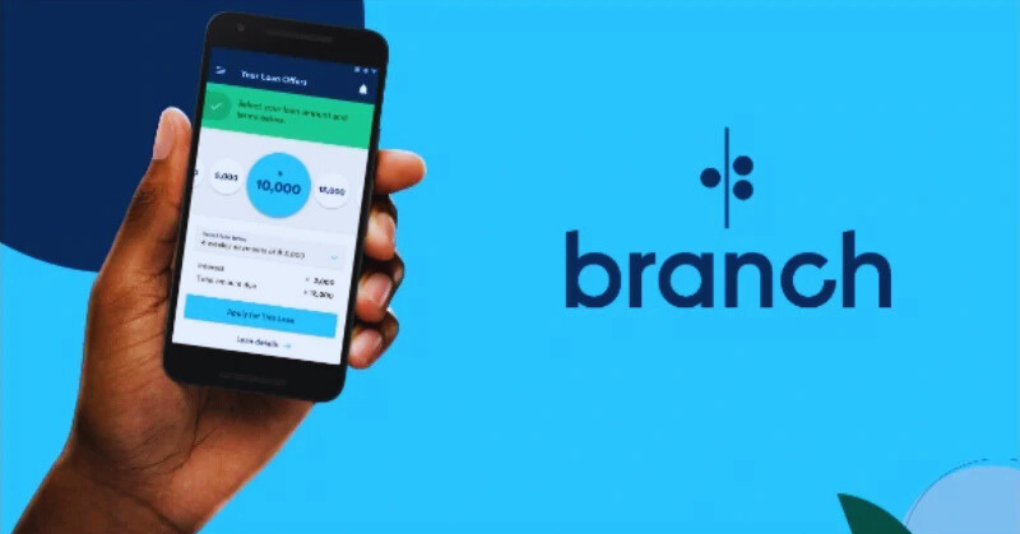The federal government has launched the ‘Grow What You Eat’ initiative to revitalise farming in senior secondary schools across the country.
The programme, which was flagged off by Minister of State for Education Prof. Suwaiba Sa’idu Ahmad on Thursday in Abuja, was organised by the National Senior Secondary Education Commission (NSSEC).
Ahmed, who was represented by Deputy Director, Science and Technology Department of the ministry, Kehinde Osinaike, said that the programme is designed to promote practical agricultural education through school farming.
She said, “Let me begin by commending the National Senior Secondary Education Commission (NSSEC) for taking this bold step to align education with national priorities in food security, practical skills development and youth empowerment. I also commend the management and staff of Government Girls Secondary School, Abuja, for hosting this important event.
“The ‘grow what you eat’ initiative is not just about farming. It is about cultivating a mindset of self-reliance, innovation, and responsibility among our young people. It is about reconnecting our students to the land and showing them that agriculture is not a punishment but a pathway to prosperity.
“Today’s event marks the beginning of a new era, where school farming is repositioned as a tool for experimental learning, economic empowerment and sustainable development. By integrating classroom knowledge with hands-on practice, we are not only preparing our students for examination but also for life.
Executive Director of NSSEC, Dr Iyela Ajayi said the pilot phase of the programme targets 20 senior secondary schools across the six geopolitical zones.
He added that participating schools would be nominated by Commissioners of Education from the select state.
Dr Ajayi said: “‘Grow what you eat’ is not just a school project; it is a national intervention. It is a vision of transforming school farms into hubs of agricultural learning, enterprise development and community service. By engaging our students in structured agricultural activities, we aim to cultivate not just crops but also discipline, entrepreneurship, responsibility and resilience.
“Our pilot phase targets 20 senior secondary schools across the six geopolitical zones of Nigeria. These schools, nominated by the Commissioners for Education from their respective states, will serve as a proof of concept for a national scale-up that we envision shortly.”
To support the initiative, Ajayi said that the commission has trained desk officers; developed detailed implementation guidelines; provided modest seed grants for start-up support; designed a monitoring framework to track and evaluate progress and initiate dialogues with relevant ministries, departments and agencies and technical partners.
“This is not just about growing food, it is about growing futures. It is about raising a generation that will not only be literate but also productive, self-reliant and solution-oriented,” the executive secretary added.
The Head, Teacher Development and International Partnership, NSSEC, Mohammed Salihu, said that while the commission has provided a little seed money to the select schools to kickstart the initiative, it has plans to scale up the programme to all senior secondary schools in the country through collaboration with relevant stakeholders.
Share this post





Be the first to comment on this post